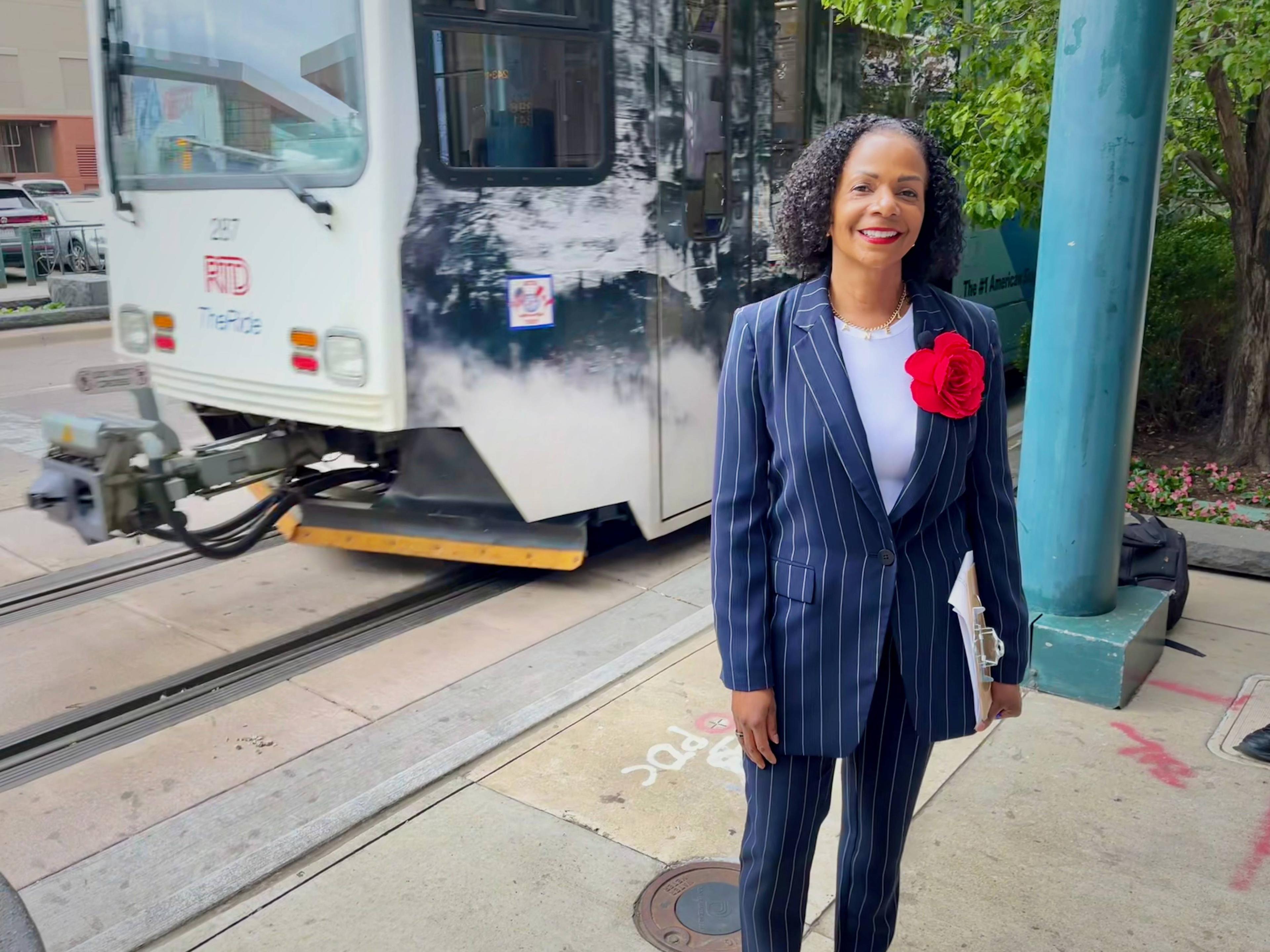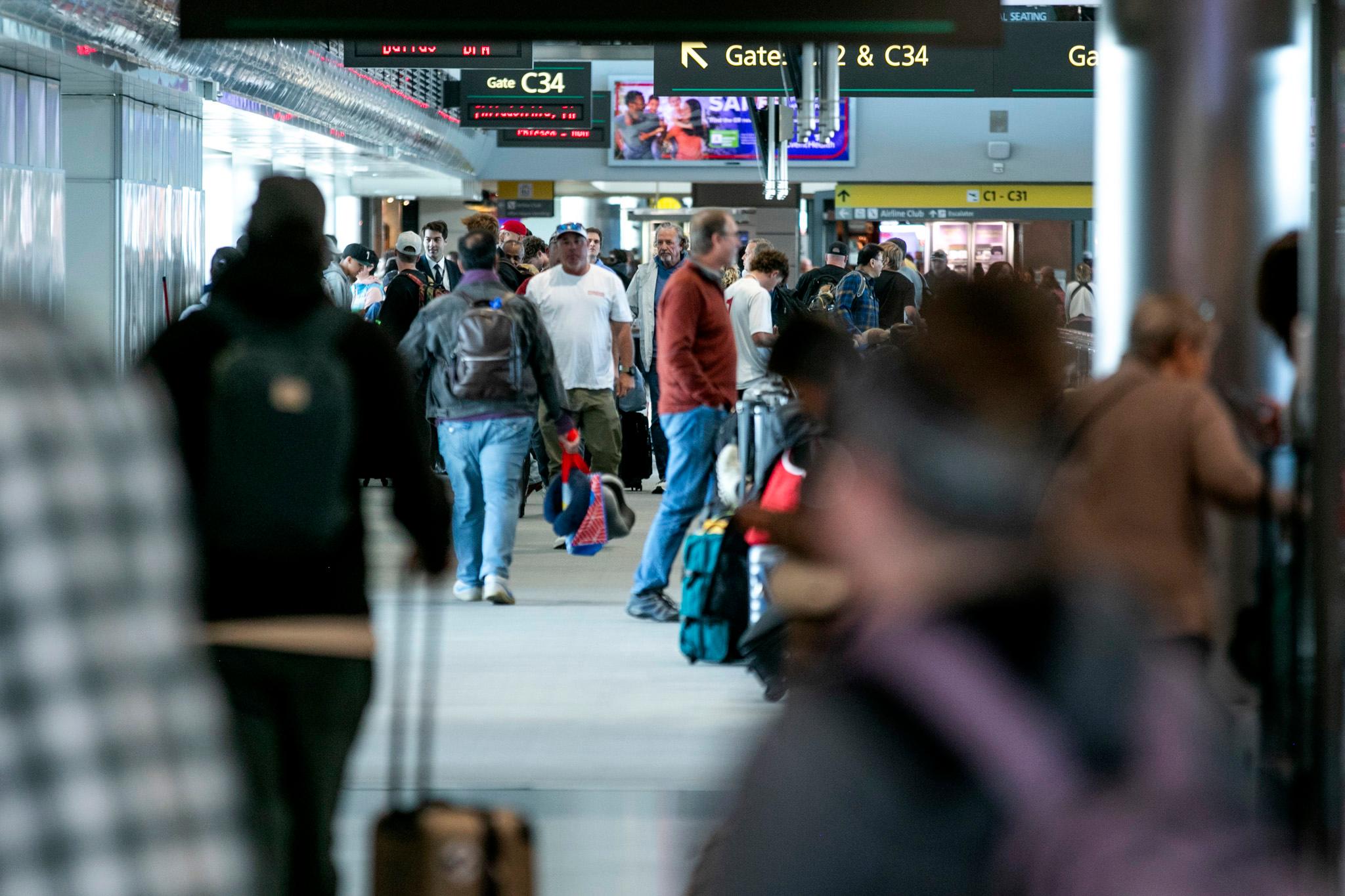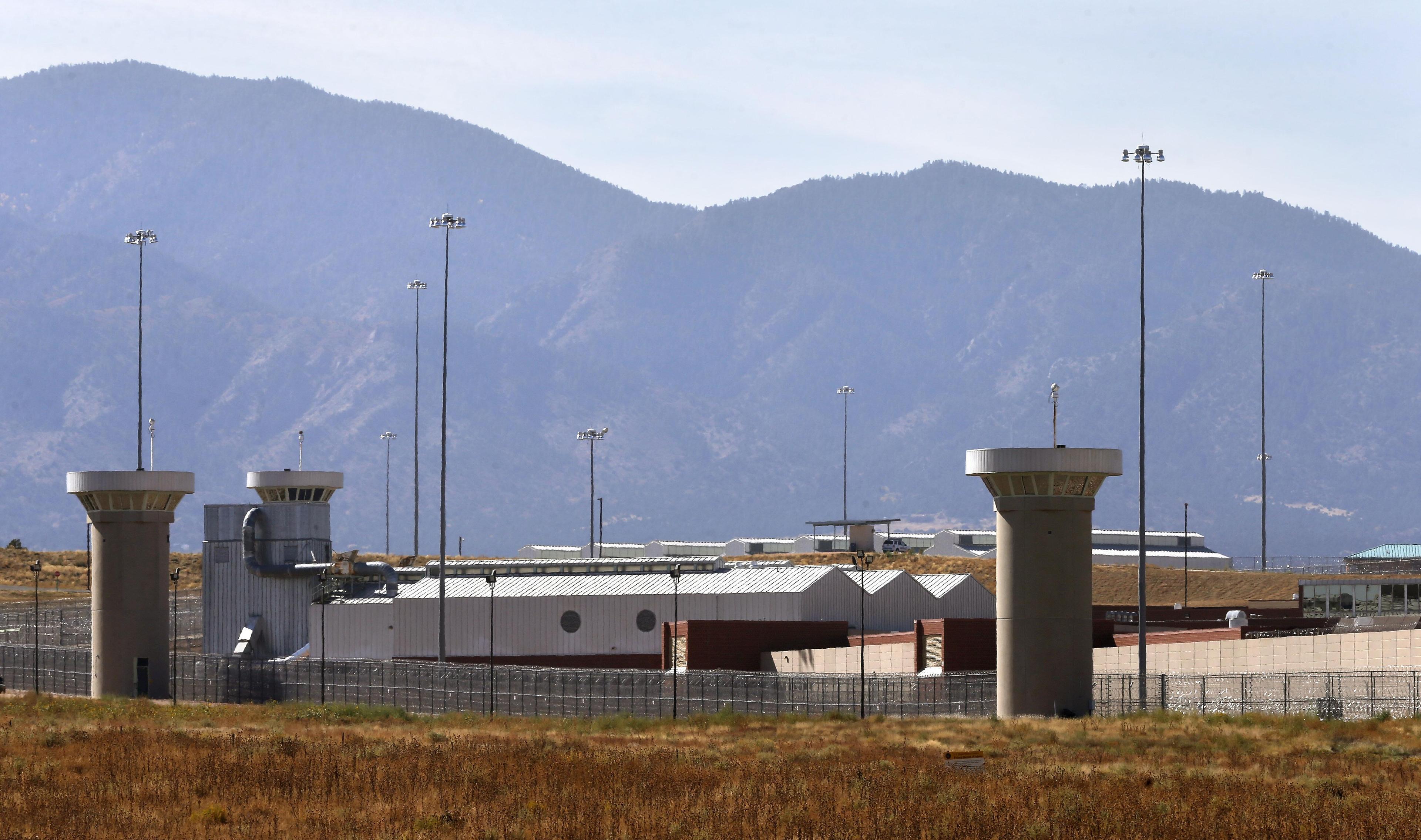
It’s been a tumultuous summer and fall at the Regional Transportation District, the state’s largest public transportation agency.
The agency’s chief of police Joel Fitzgerald was fired in September with little explanation, though records show he routinely drove his company car more than 100 miles per hour. The police officer’s union is up in arms over one of his temporary replacements. And maintenance work continues to disrupt and slow trains across the light rail network.
CPR News caught up with RTD’s General Manager and CEO after a nearly four-hour-long board meeting Tuesday night to ask about those issues and more.
Here’s a transcript of the conversation, lightly edited for length and clarity.
Why did you fire Joel Fitzgerald?
Fitzgerald was separated from the agency after some due diligence that was done.
Can you be more specific?
No, I can't at this juncture as it relates to personnel matters. I have an obligation for me personally as a leader to ensure that I do my ultimate best and provide grace, humility and respect people as people. And so throughout the course of my career, I've never commented on personnel matters, and that's something that we uphold at this agency as well.
Fitzgerald has hired an attorney to investigate racial discrimination that he alleges he faced here at the agency. Do you have any evidence that people at RTD were racist toward him?
Well, I'm a Black woman living in Colorado, and so I have lived experience. I can talk about microaggressions and things of the like. I can't speculate on his experience, but this experience has been something that's been quite interesting and unlike any others that I have had.
I can't speak to any specificity around his experience. As it relates to equal employment opportunity, it's something that I take seriously. So if there are any allegations from any individual that their rights have been violated, or the perception, we will ensure that we examine that.
Why did you promote Glynell Horn to acting co-chief?
I have not made any promotions. I have acting assignments. And recognizing that there's two individuals, I think coming together as it relates to where we are, I believe it's quite important for a myriad of different reasons.
Some of those I can't elaborate on because I do have information that I'm not going to speak of. But as it relates to a period of time in which we have endured collectively as people comprising the Regional Transportation District, it's important to me to create an environment where we can collectively move forward and have a one-RTD mindset.
The police officer’s union was very opposed to Horn being named acting co-chief. Were you aware of that before you made your decision?
There was some correspondence, and I know you are aware of that because you have a copy of that. What I will say as we go forward, there's a lot of conjecturing and speculating. And as I said before, when it comes to individuals, I'm not one to not examine things fully relative to who they are and what they do. I pride myself on creating an optimal work environment, and when things are brought to my attention, I will examine those for the betterment of the individuals that make up the agency and for the constituencies that we serve.
The police union later sent the board a strongly worded email saying they didn’t feel like you were listening to them.
I have a different opinion of that. Because I know what I have done and I know what meetings I've had and with whom I've engaged.
Can you elaborate at all? Because if the version of events that I've published is not fully informed, please tell me.
So what I'm sharing here is that oftentimes there are perceptions, and I have made a commitment since I've been at this organization to lean in and talk with individuals. There were some elements in correspondence that were transmitted that weren't reflective of actual things that transpired.
Do you feel like you have control of the police department right now?
The police department is comprised of a lot of people. I can't tell you that I've met with every single member of the police department. And so while I'm not trying to skirt the question, I'm trying to formulate my response because that's difficult to say. Because I have had conversations with individuals that say, ‘We support you. We're one RTD,’ and things of the like.
Because there's a lot of conjecturing and speculation. It's difficult in this circumstance whereby I've been portrayed as being dismissive of the media or antagonistic. I actually have worked in the communications realm and served as a spokesperson for major organizations and things of the like. So that's not my intent.
Once again, it's the questions that are being posed in the sense of me being respectful of the process relative to people's rights and what that means in reference to having allegations examined. So I have information.
That you can't share?
That I can't share. It would be irresponsible and negligent on my part to talk about things that I don't know about, especially when there's allegations. That's why it's incumbent upon me to ensure the due diligence is done for all parties involved.
The union alleges that Horn regularly did not wear his body camera, as state law requires. Did you know about that?
Recognizing the chain of events when something came my way, hence, I wanted to ensure that it was thoroughly investigated and examined.
I'm sorry, I don't follow. You were told about it at a certain time? Is that what you're saying?
Yes.
Was that before you named him the acting co-chief?
Some of these things you brought to my attention.
What do you want people to know about where the RTD police department is right now?
We are forging ahead. The command staff is committed to working in tandem with police officers for the betterment of making a welcoming transit environment and ensuring that we can collectively make lives better through connections.
How is work progressing on the light rail repairs that are causing the slow zones?
It looks pretty good. Our teams have done a yeoman’s job in maintenance of way, and we will be at a place whereby we're doing this going forward proactively. And so I would say that we more than likely won't be in the same situation because we had to create a baseline as we went forward.
The press office told me repairs aren’t quite going to be complete by January when service improvements will happen. Do you have a timeline?
You're catching me off guard with that.
Have you learned anything through this process, about how it rolled out and how you might do it differently in the future?
I would say with hindsight being 20/20 first and foremost is recognizing the opportunity to be more communicative because this is new, I'd say, in our region. We have capitalized on the lessons learned as we move forward. So I believe we're still going to have them, let's be clear. But we can capitalize on the experiences gained by ensuring that we can take steps to lessen the impact.
What's your message for voters for the upcoming Zero Fare to Vote days?
What we're trying to do is ensure that we are lessening the barriers to entry. Colorado does provide ballots that are mailed, but one still needs to get to a post office or to a ballot box drop off. And we want to ensure that we're doing our parts by making lives better through connections, by lessening the barrier to access. So I encourage everybody to exercise their constitutional right, and RTD is there to help in limiting the barriers to access.









